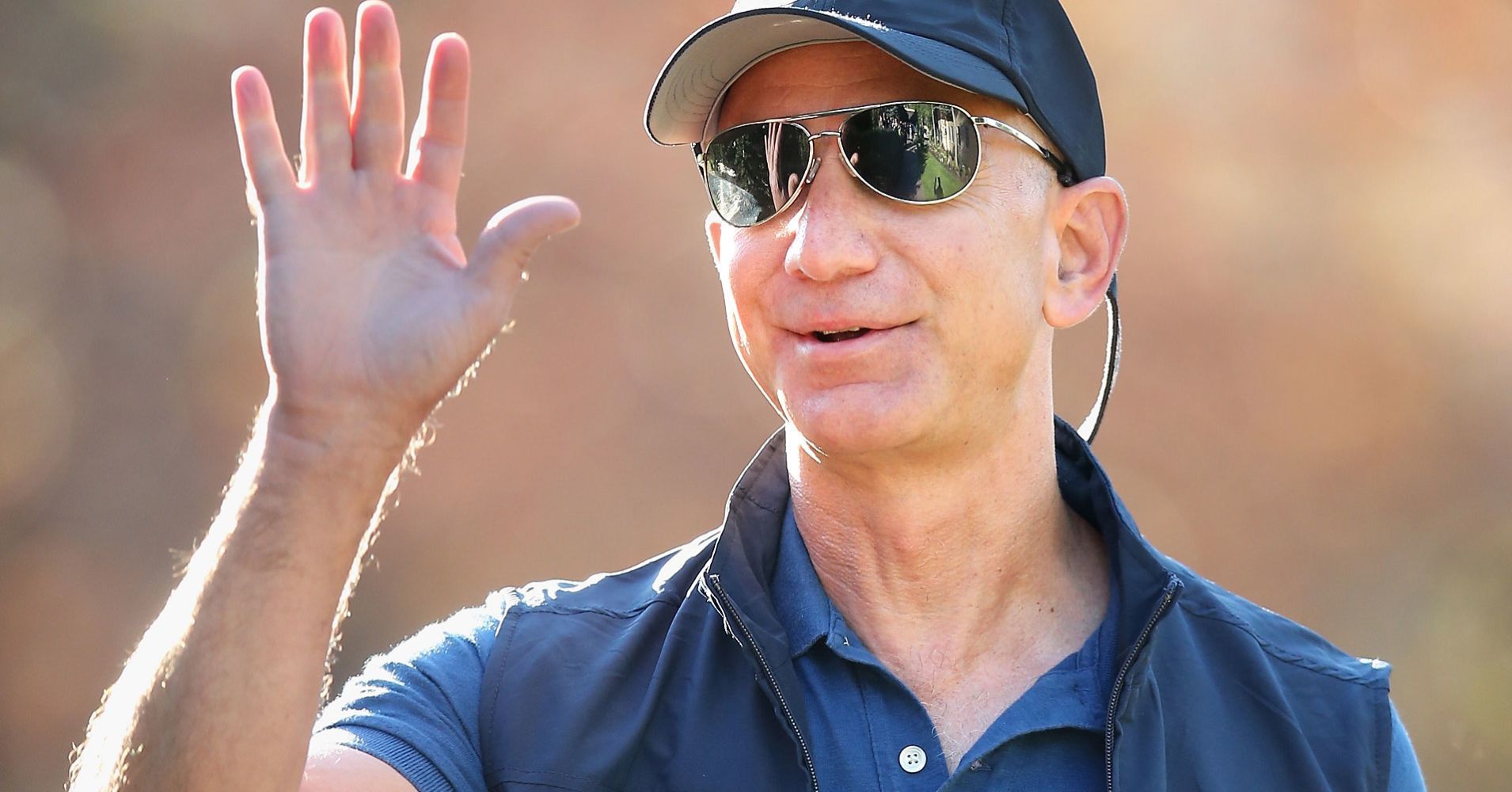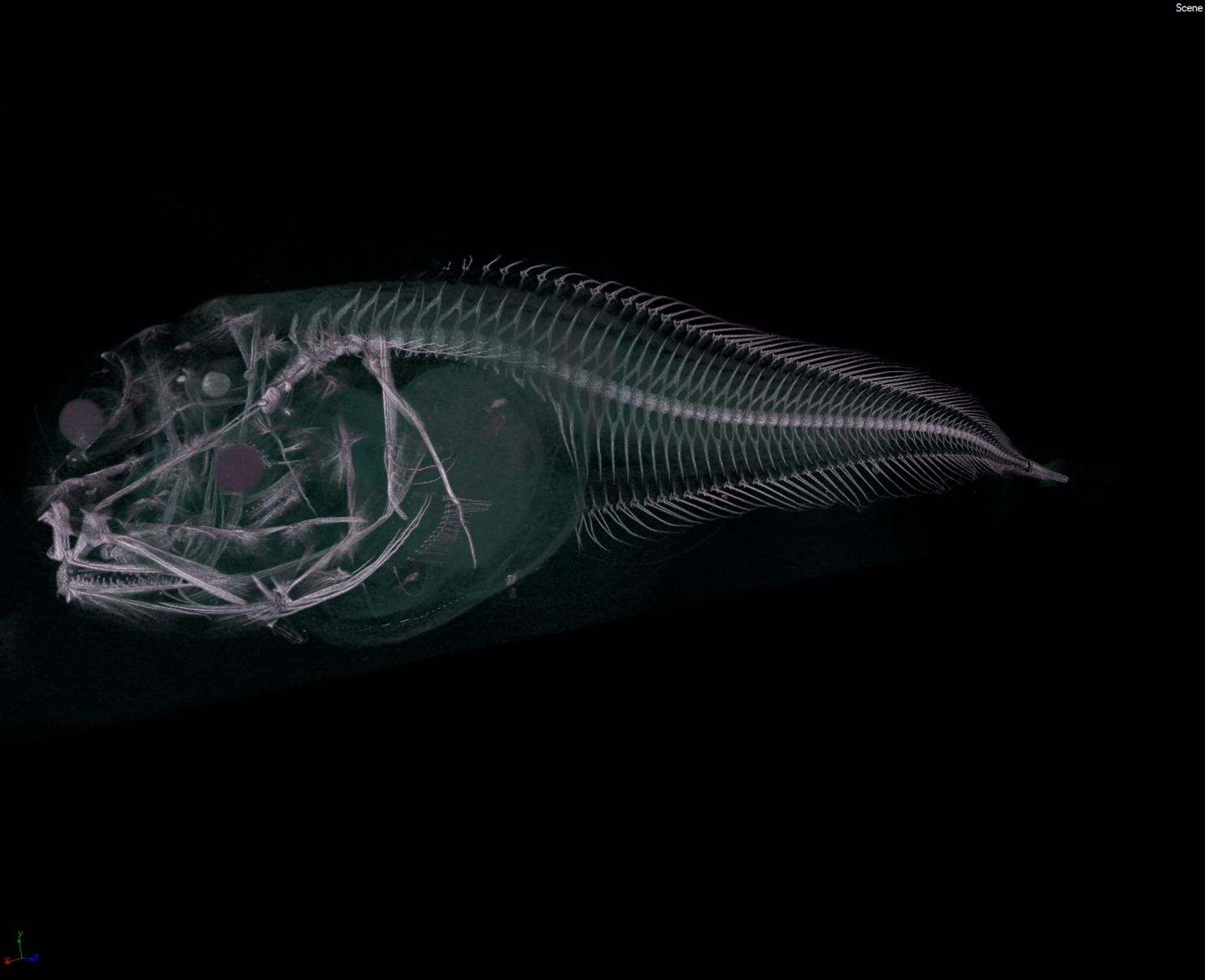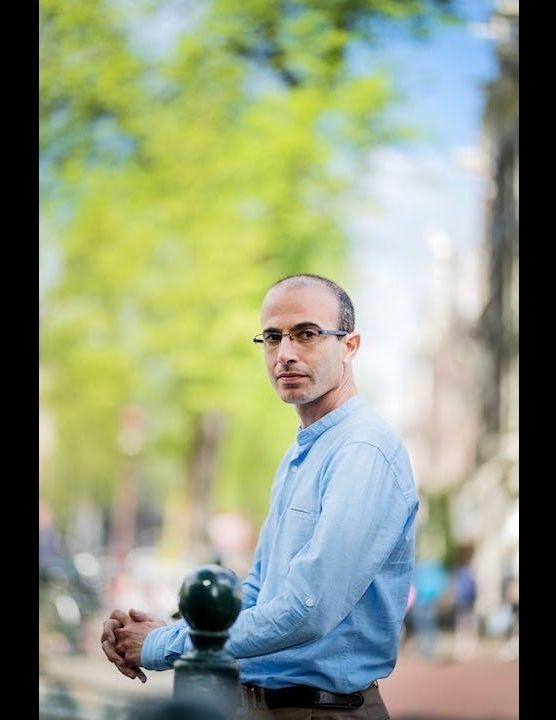This pod could save your life in a tsunami.



The fund will launch with a $2 billion commitment, split between the Day 1 Families Fund — helping homeless families — and the Day 1 Academies Fund — creating a “network of new, non-profit, tier-one preschools in low-income communities,” Bezos said.
As CEO of Amazon, founder of rocket company Blue Origin and owner of The Washington Post, Bezos is the wealthiest man in modern history, with a net worth of at least $150 billion.
Critics have long called for him to put his billions toward philanthropic efforts.
In June, Bezos teased that he had identified two areas of focus for future charitable endeavors.

Speaking at a Q&A session hosted for a Madrid university’s Master’s of Business Administration students, SpaceX President and COO Gwynne Shotwell talked for nearly an hour about the launch company’s next-generation BFR rocket, the reality of long-term life on Mars, and more, revealing a number of interesting tidbits in the process.
Almost entirely led by questions from the unusually well-informed audience, the graduate students and professors predominately kept the famous SpaceX exec more or less focused on the company’s future, delving into the reasoning behind BFR. Shotwell had only praise for the next-generation launch vehicle, which is targeting initial hop tests in late 2019 and its first full launches as early as 2021, a delay of several months from previous schedule estimates targeting hops in early 2019 and orbit by 2020.


But Dr Oransky and colleagues are also calling for better peer review after research is published.
“We should reward people who come forward about problems in other people’s work, not in a punitive way, but actually looking at it and saying, ‘hey, that’s a problem, we should do something about it’, and give people the chance to correct the record,” he said.
In China, there’s a growing black market peddling fake research papers, fake peer reviews, and even entirely fake research results to anyone who will pay. Does the rise of fake and fraudulent science threaten the future of research?


A small but impactful shift in the way a group assignment is presented can significantly reduce racial inequality within the group, as well as lead to better work, according to new research by Bianca Manago, assistant professor of sociology at Vanderbilt University. Groups, Inequality and Synergy, co-authored with Jane Sell at Texas A&M University and Carla Goar at Kent State University, appears online in the September 2018 issue of Social Forces.
Previous research has shown that groups often diminish the contributions of minorities, by dismissing their opinions more often, for example, or by being less likely to adopt their ideas. Manago and her colleagues sought to discover whether reframing the parameters of a group task could reduce that inequality, and how that would impact the quality of the group’s work.
“Past research shows that people with different skills working together is good for group performance, but relatively little research has been done on how superficial differences that shouldn’t matter, like race, affect group performance,” Manago said. “We found that when people are more willing to listen to the minority group member, the group does better.”



“Philosophers Have Been Preparing for this Moment for Thousands of Years.” ~ Yuval Noah Harari.
Bari Weiss, Op-Ed staff editor and writer at The New York Times, will join Yuval Noah Harari, historian, philosopher and international best-selling author of “Sapiens” and “Homo Deus” for a thought-provoking evening of conversation. Harari’s new book, “21 Lessons for the 21st Century” untangles political, technological, social and existential issues. It clarifies the most important questions humankind faces today, and empowers all of us to help answer them. His provocative insights on the most pressing issues of the day have won him fans ranging from Bill Gates and Barack Obama to Natalie Portman and Janelle Monáe.